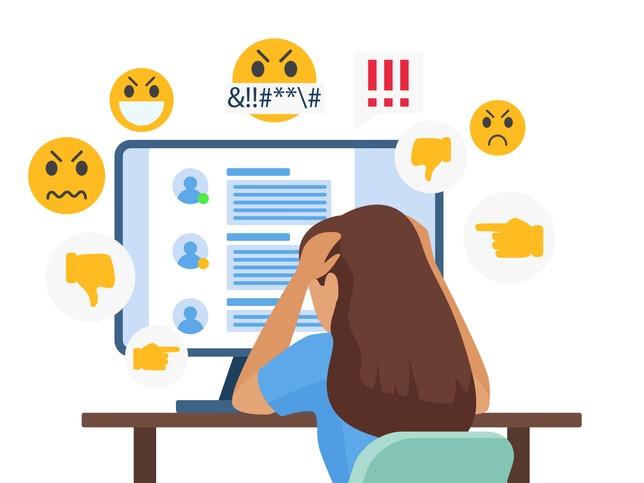Recent events on X (formerly Twitter) have made many university departments and services question whether they should still be active there. There is a sense that our presence is an implicit endorsement of an extremely problematic platform, and that now is the time to say “enough is enough” and become ex-X.
So how do you get off? Here are five practical steps to follow:
1. Set a date, and tell people you’re going
As tempting as it is to leave right now, we need to give our users time to hear that we’re leaving, digest this, and make alternative plans to get updates from us. Pick a date to work towards (perhaps in two to four weeks), announce it, make it your pinned post and put it in your bio. The key thing is to tell people where to find you instead, going forward.
I run the social media accounts for the University of York Library. We decided we’d leave by the end of August, and we announced this on X itself in July. We’ve since posted a nostalgic thread of some semi-viral posts we’ve had over the years, which were nice to revisit in and of themselves – after all, we’ve loved being there for 99 per cent of the 14-year span we were active – and have also served to get the word out to more users before we go.
2. Consider how to mitigate the impact on your X audience
When we leave X, we leave behind a particular audience. Some of that audience may follow us elsewhere (almost all our undergraduates are on either Instagram or TikTok, for example) so they’ll continue to get our news. It’s the people who don’t use other social media platforms that are the issue.
Academics are, for us, the problem audience that we can’t reach easily without X. They’re not all going to the same place when they leave, and while BlueSky shows promise, there isn’t yet a critical mass of academics using it. So we’ve spoken to the central university comms team and asked if they’d be willing to post perhaps three or four really important things about the library each year on our behalf, which they’re happy to do.
Think about options you can offer your users: a newsletter, an RSS feed or updates some other way entirely? One of the things we’ve done at my library is set up a library status page (which we’re encouraging people to bookmark) that tells them the kind of functional info we used to use X to communicate to our users.
- Universities need to get better at using Instagram – here’s how
- Making the most of social media: practical tips for academics
- How to start an academic YouTube channel: tips from a psychology YouTuber
3. Turn off Grok data sharing
X recently activated an on-by-default data-sharing setting where everything you’ve ever posted can be used to “train” Grok, Elon Musk’s generative AI chatbot. Assuming you don’t want that, it’s important to disable it before you go: here’s the direct link to the Settings to turn data sharing off (which apparently does not work on mobiles, but does on desktop).
4. Keep the account
There are disadvantages to this but ultimately it is better to ensure no one else takes the username or starts to impersonate your account. You may wish to lock the account to prevent new users finding you on X, not realising you’re no longer active and sending messages that won’t be answered. Do not be subtle about flagging up the fact you're not using the account any more! Put the info in the name on the account, put it in the bio, put it in the pinned post (with where they can find you instead) and make a banner pic especially. Here’s what my own personal profile has looked like since I left X, and I’ll do something similar for @UoYLibrary.
Since we announced we’re leaving X we’ve had no negative feedback. Many have said they’ll miss us, and several have praised us for taking a stand against what is happening on the platform. I’d recommend taking the steps above and doing the same: giving your users a period of time to get used to the idea, and adapt to keeping in touch with you in other ways.
I wrote a briefing paper for our leadership team at the start of 2024, explaining the rationale for leaving the platform. Here’s how it ends:
“By stopping our use of X we will be upholding our values, adapting to the changing landscape of social media by jettisoning a platform no longer delivering value, and freeing up capacity to work on more impactful communications.”
It’s time to go.
Ned Potter is a faculty engagement manager at the University of York, and the author of The Library Marketing Toolkit. You can read his previous Campus article about using Instagram here.
If you would like advice and insight from academics and university staff delivered direct to your inbox each week, sign up for the Campus newsletter.




comment